“Stirring and poignant”
AllAboutJazz
“a vibrant, imaginative composition… rapturous”
Textura
“a full-throated, emotional musical declaration”
TheaterScene
Jordan Hall, violinist and composer, has been the featured soloist with major orchestras and in concert halls in the US and throughout Europe. As a scholar in the field of sound studies, he holds two Masters Degrees and a PhD from New York University, and has authored the first book-length study of how music criticism emerged as a literary genre in 18th-century Europe.
DOWNLOADS
Jordan’s music can be downloaded free of charge. If you enjoy it, please consider donating to United Hatzalah of Israel
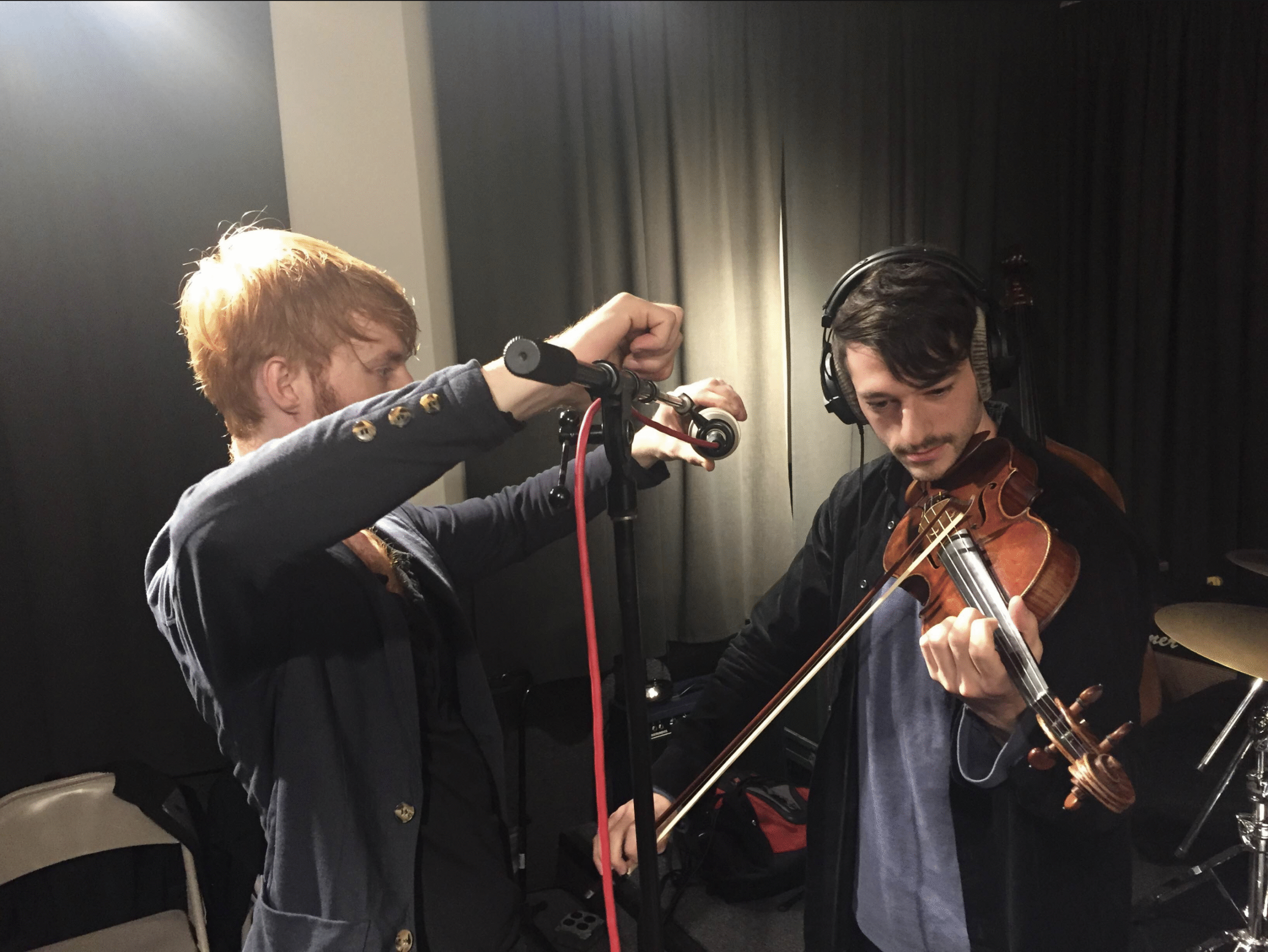
PROJECT HIGHLIGHTS
BLUEPRINT: for orchestral improvisation & spontaneous ballet
Music by Jordan Hall, choreography by Batsheva‘s Or Meir Schraiber
What might an improvised ballet look and sound like? Improvisation may be a defining feature of genres such as jazz and blues, but with rare exception, it is foreign to symphonic music. BLUEPRINT emerged as a playful response to that question when Jordan Hall was commissioned to write a full ballet for a 25-piece orchestra and dancers. Hall has composed this ballet to create a context for possibilities. Each movement, distinct in flavor, has been structured to enable cued improvisations throughout. The aim is simple: to grant dancers and orchestra the freedom to spontaneously create in response to each other. BLUEPRINT premiered in New York (choreographer Or Meir Schraiber of Batsheva Dance Company) with subsequent performances at Boston Ballet’s BB@home series (choreographer Joy Womack, formerly of The Bolshoi Ballet).
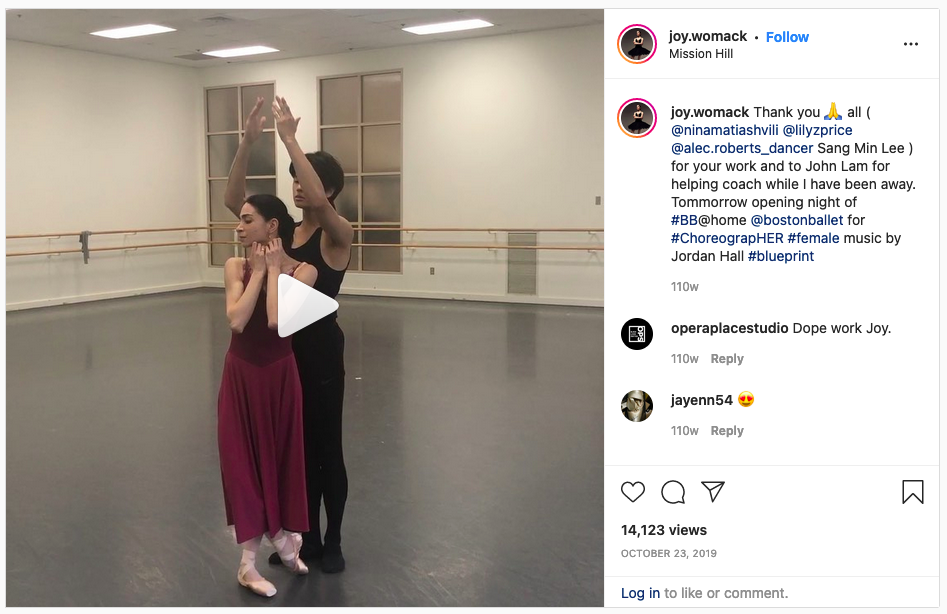
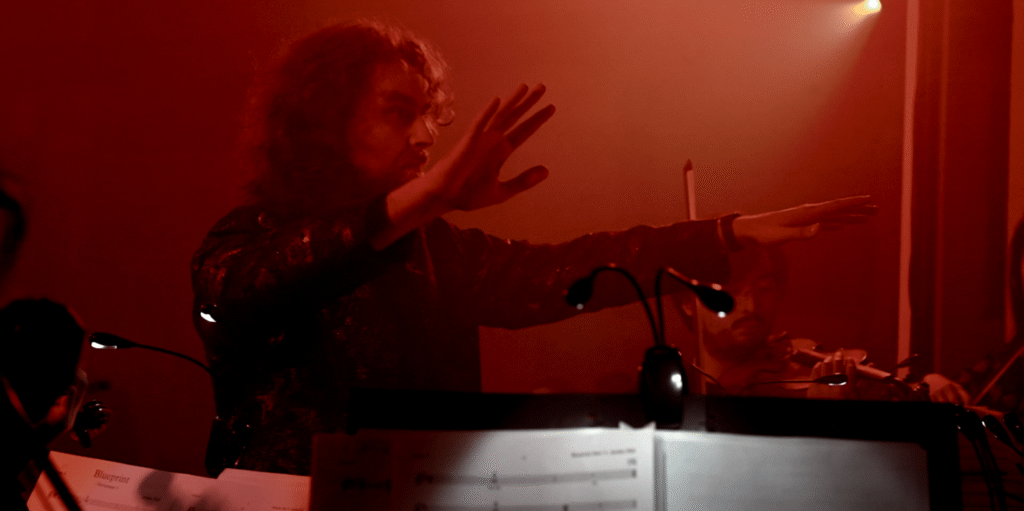
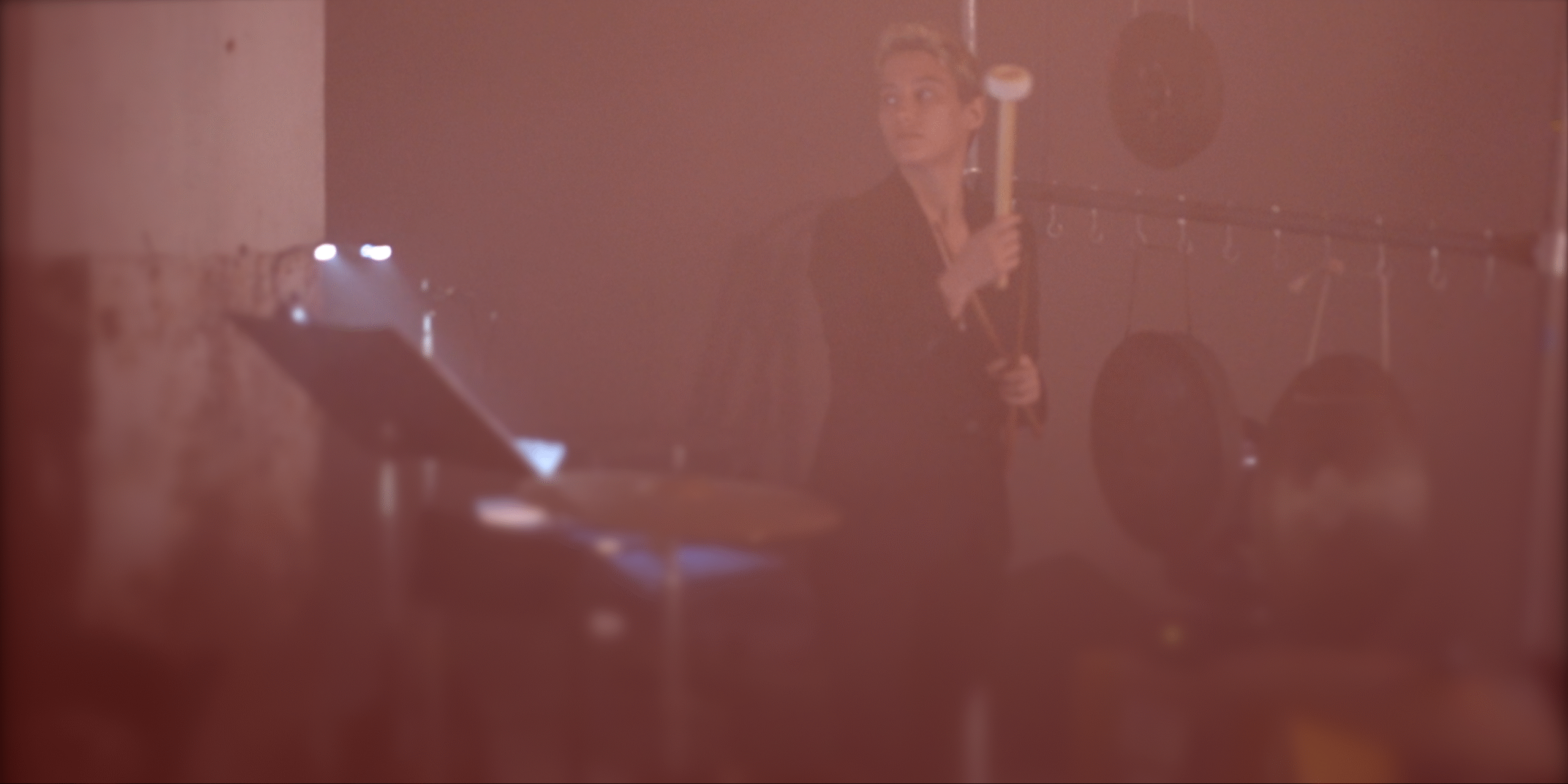
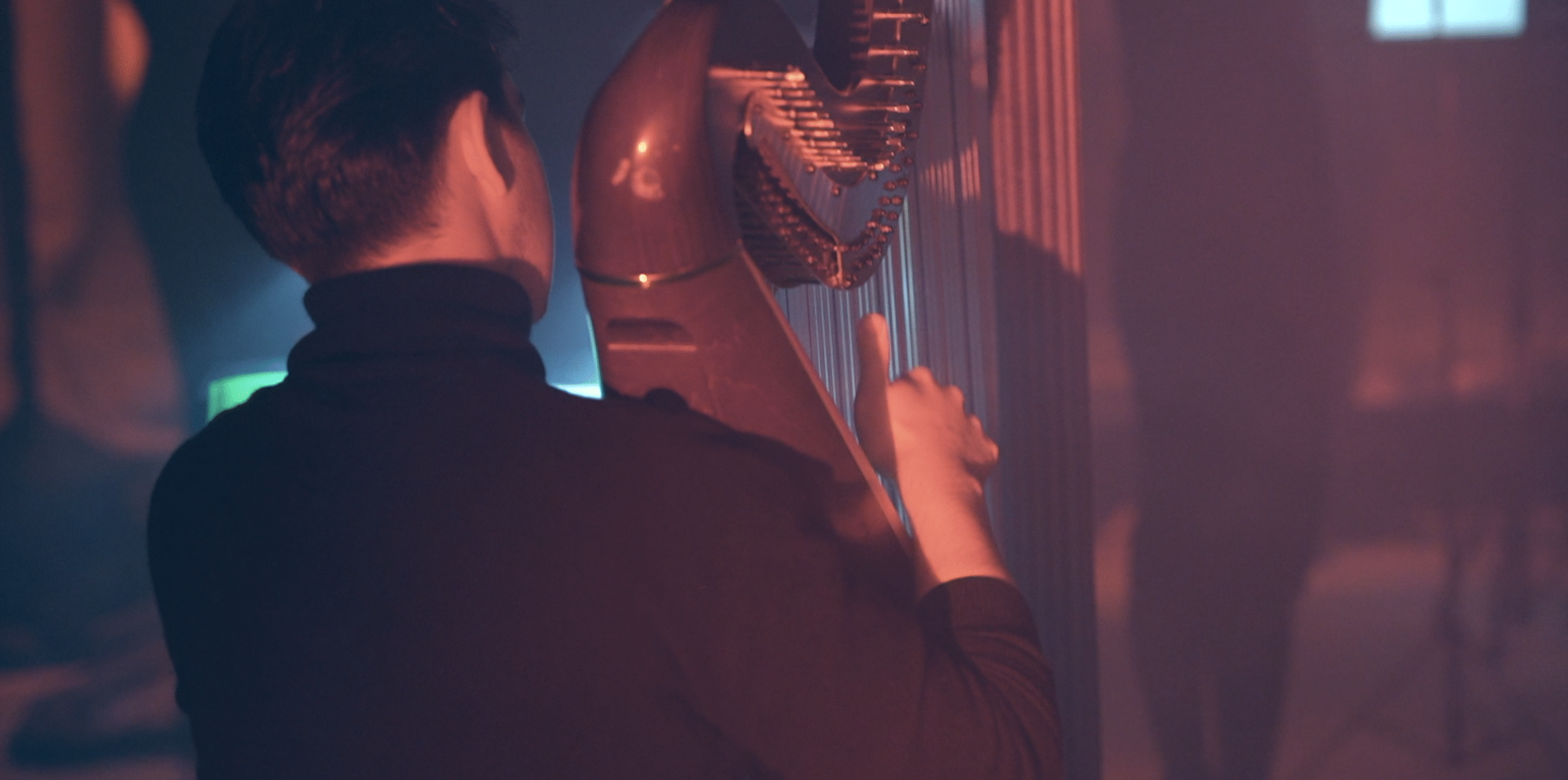
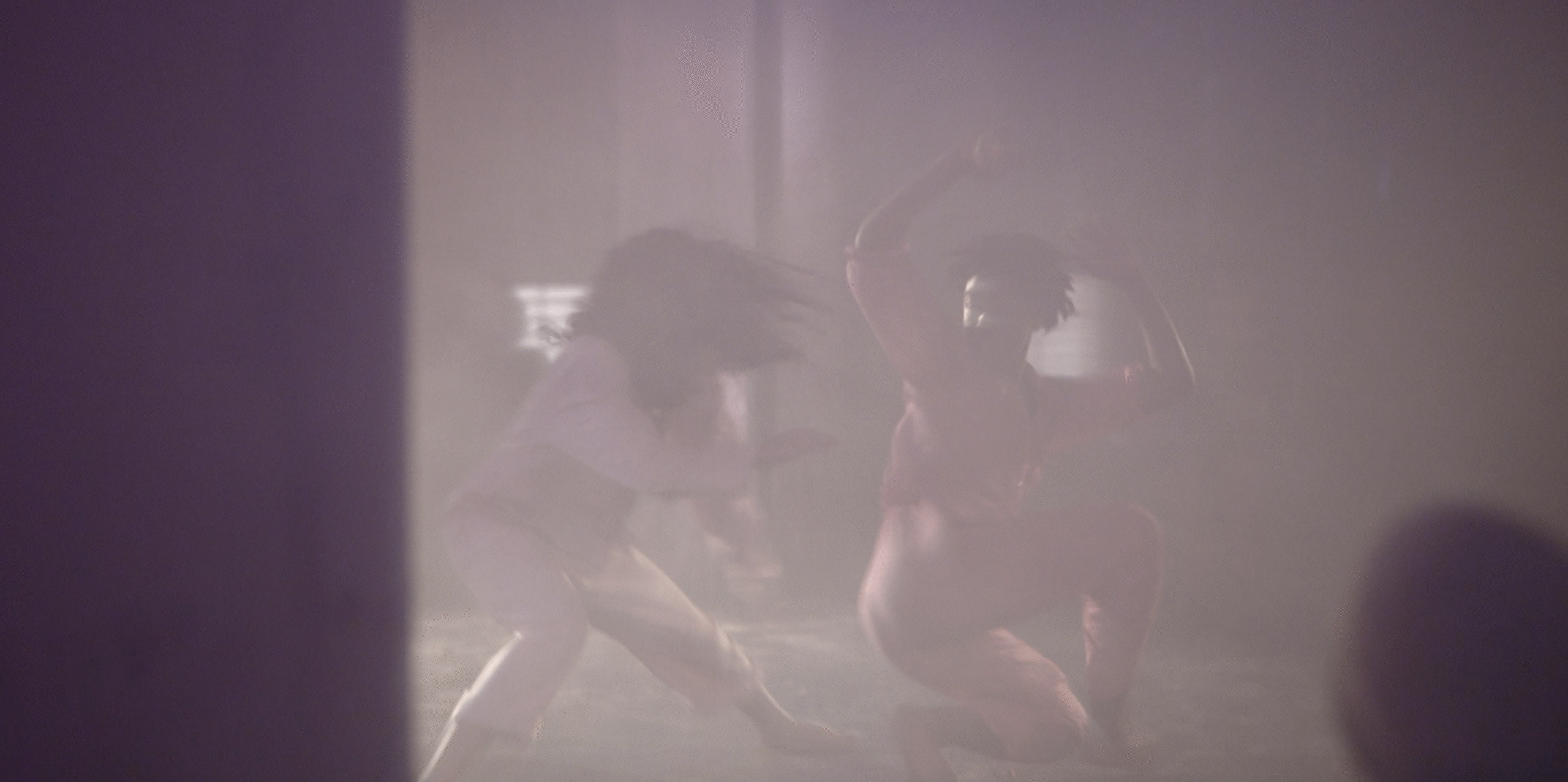
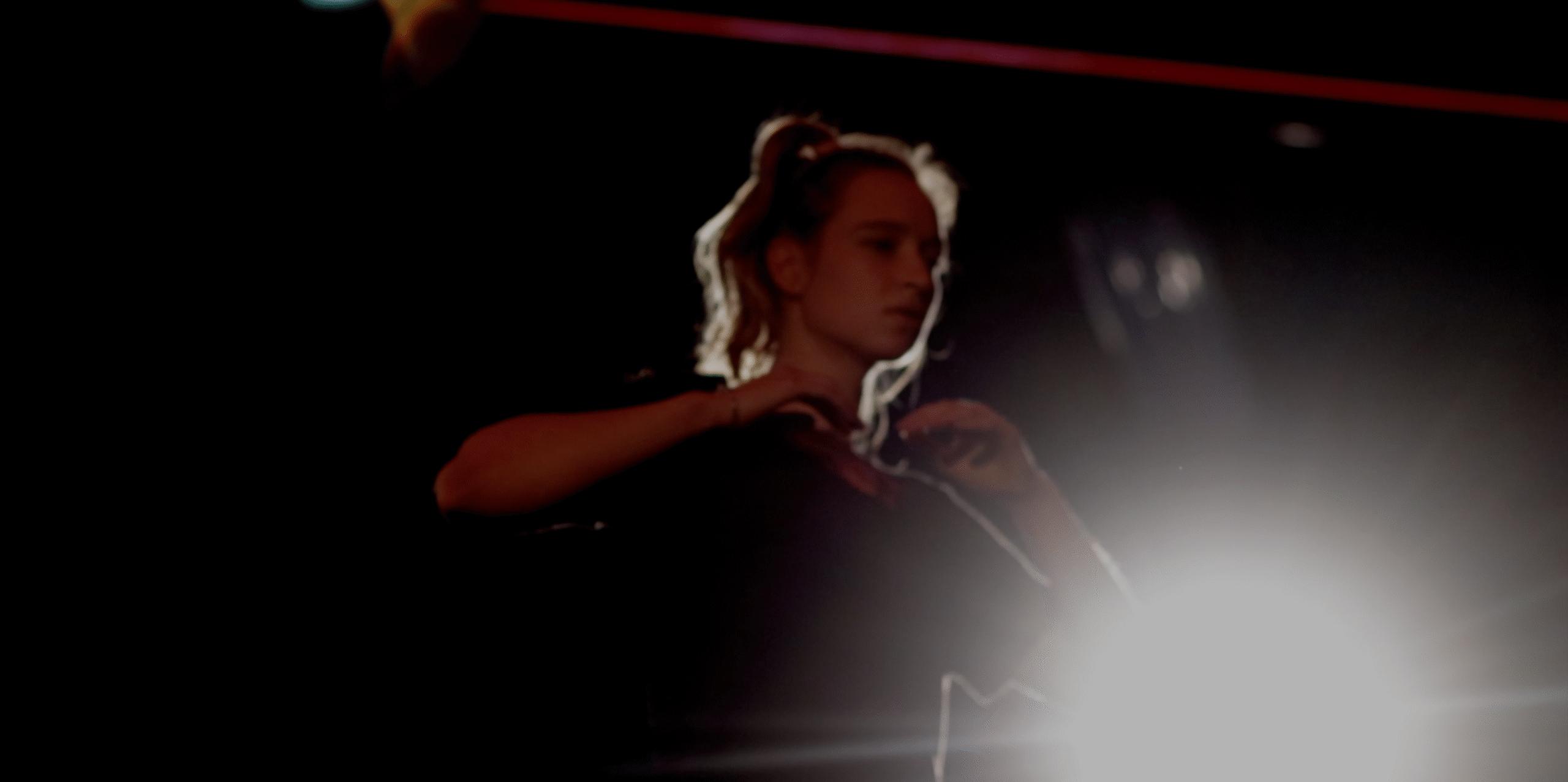
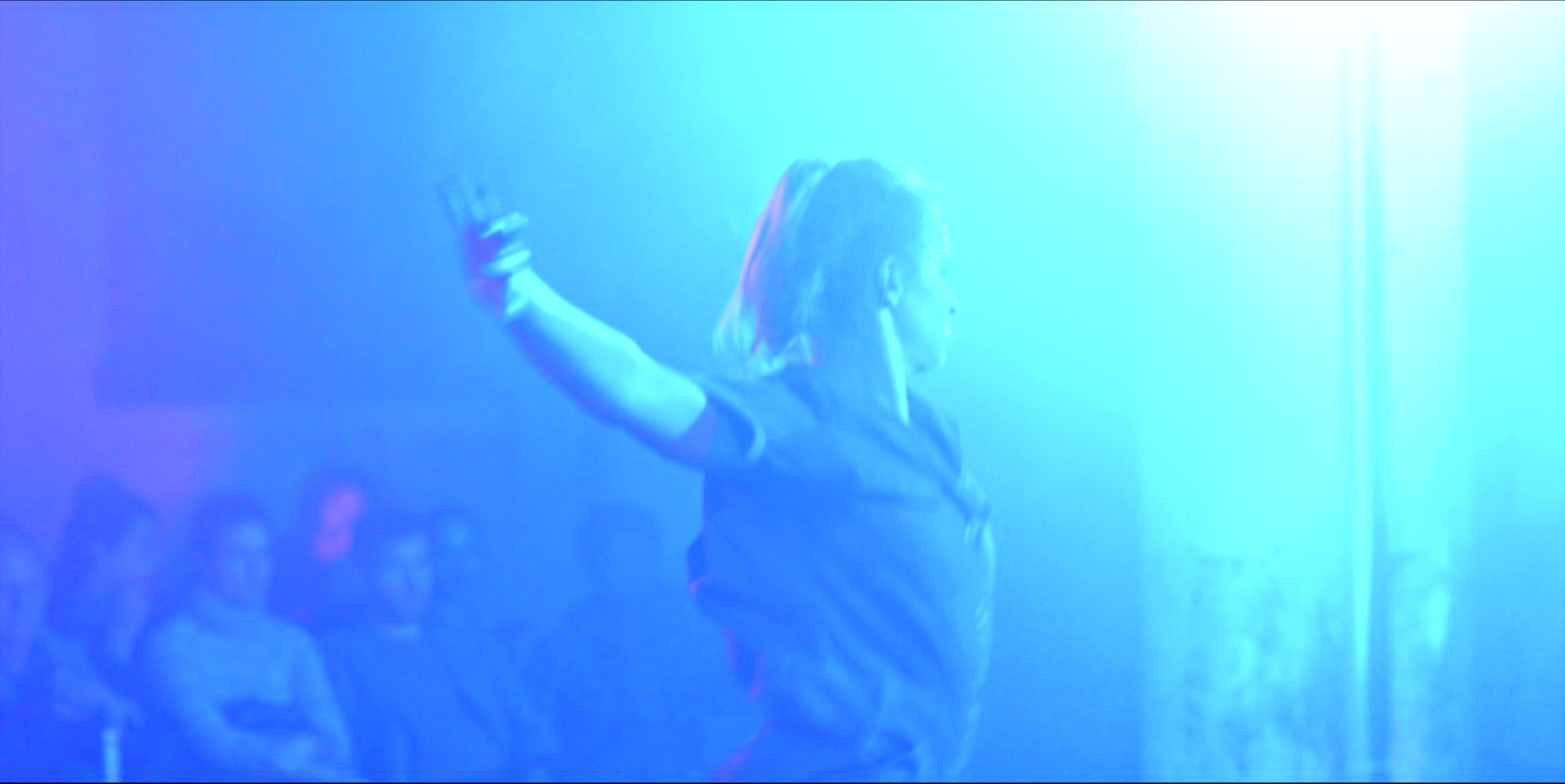
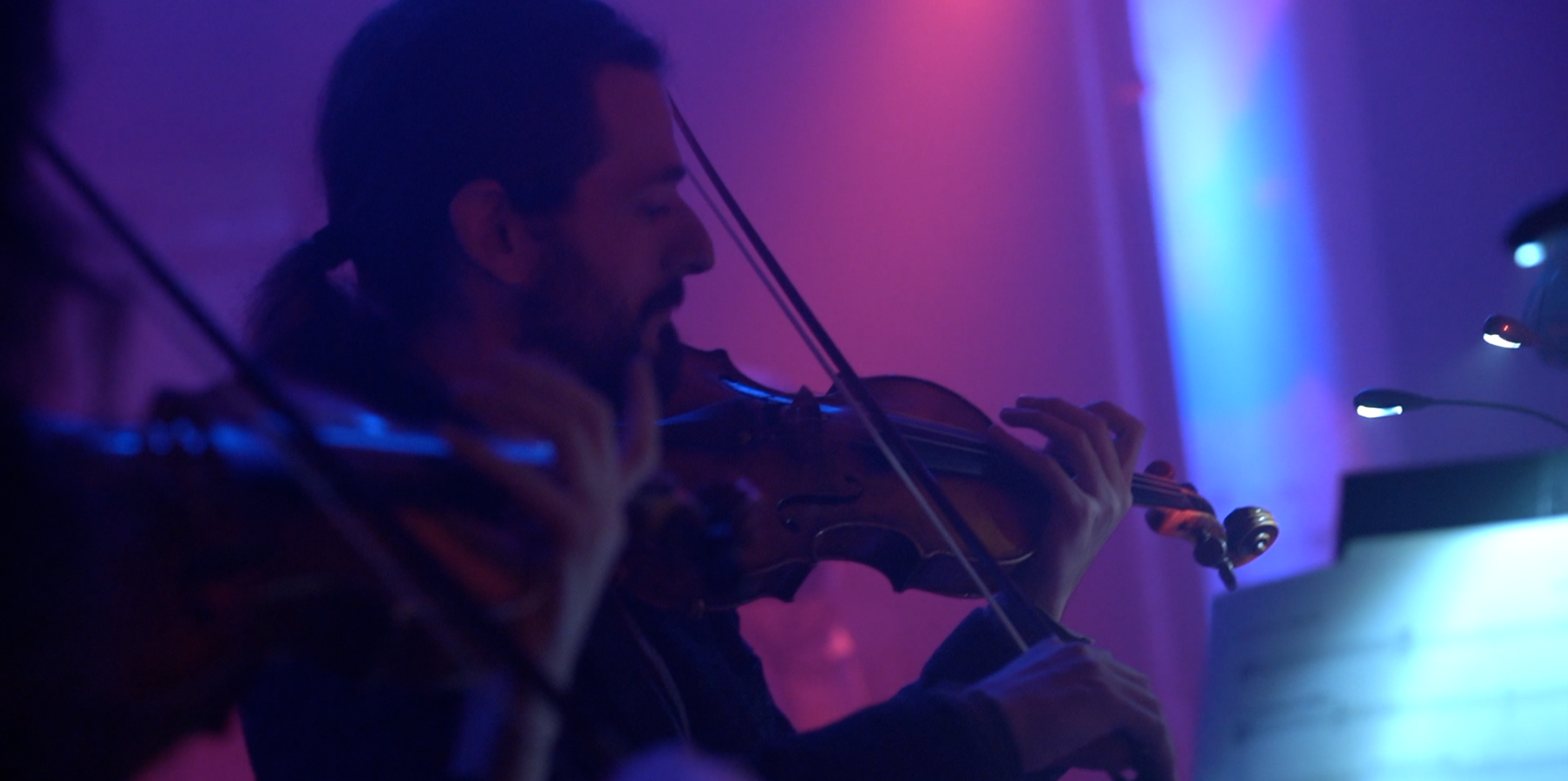
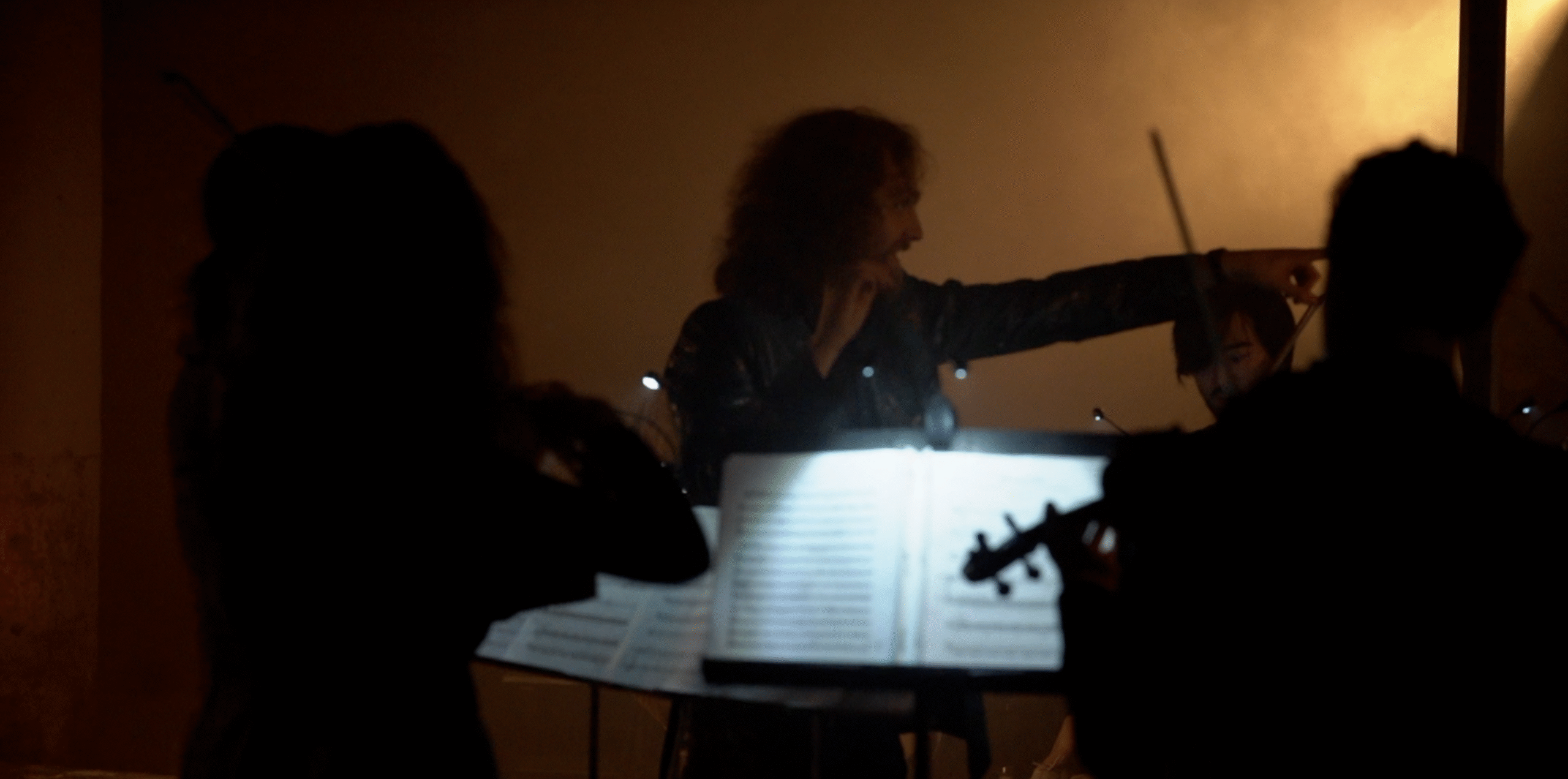
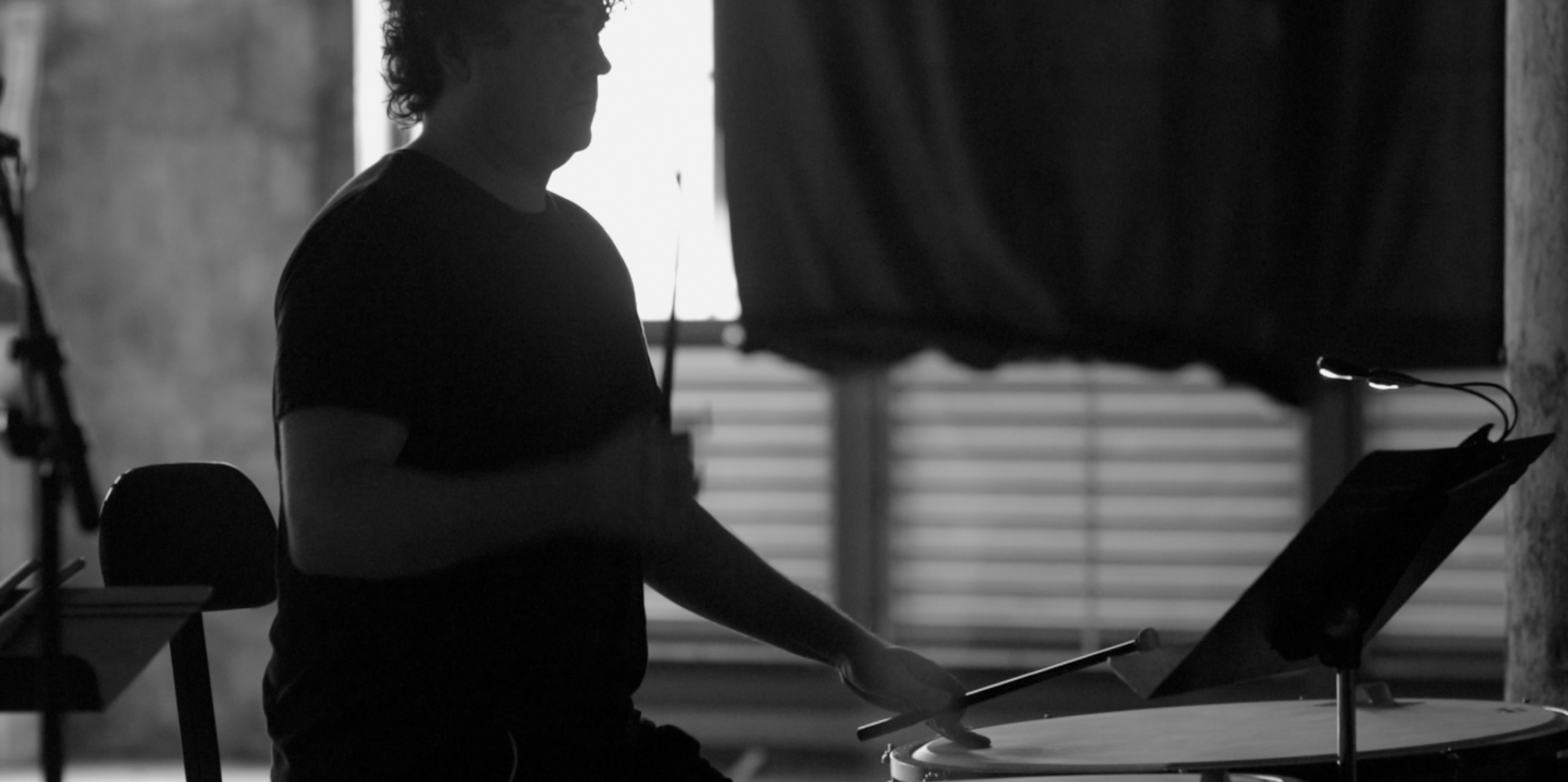
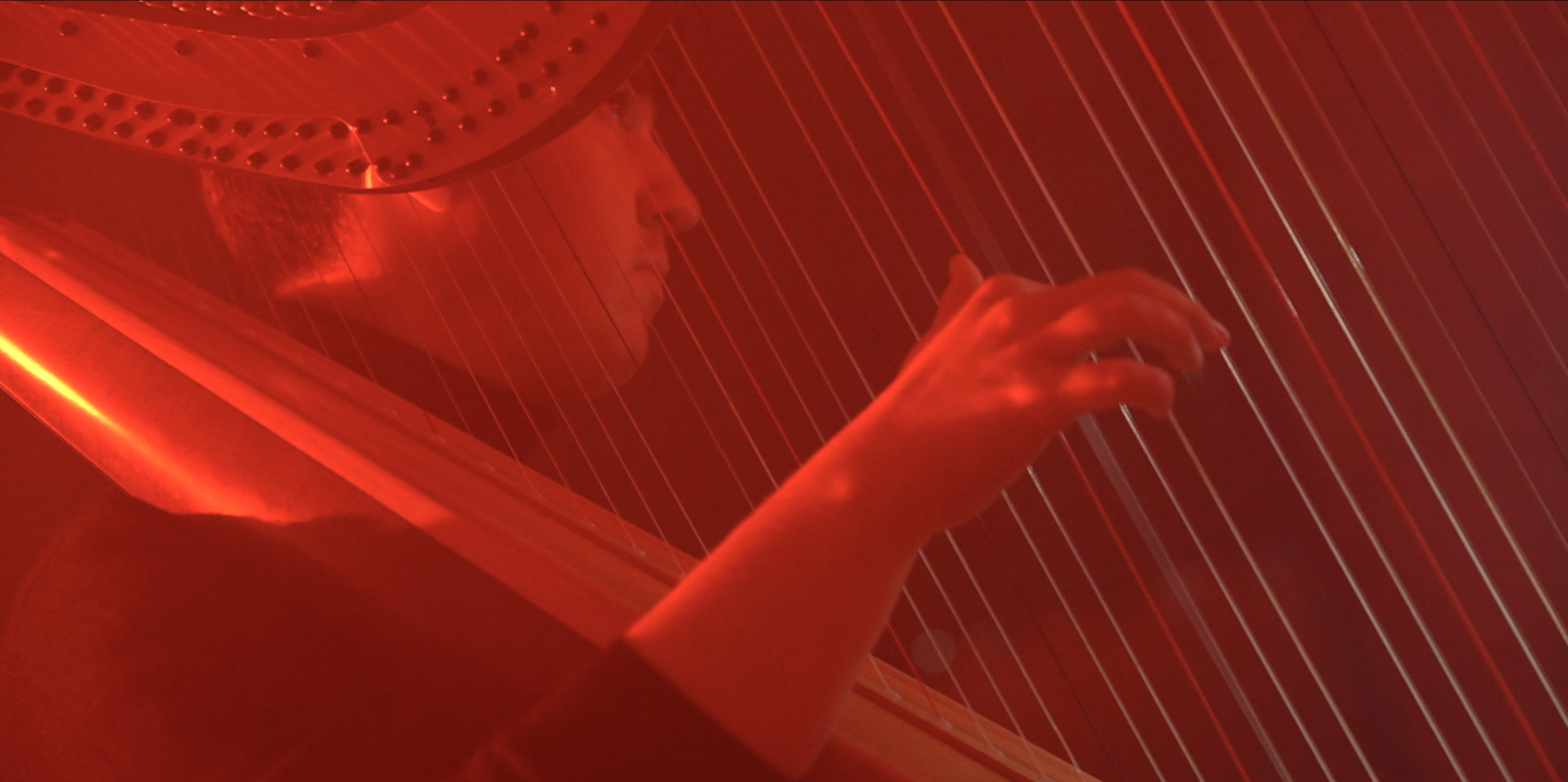
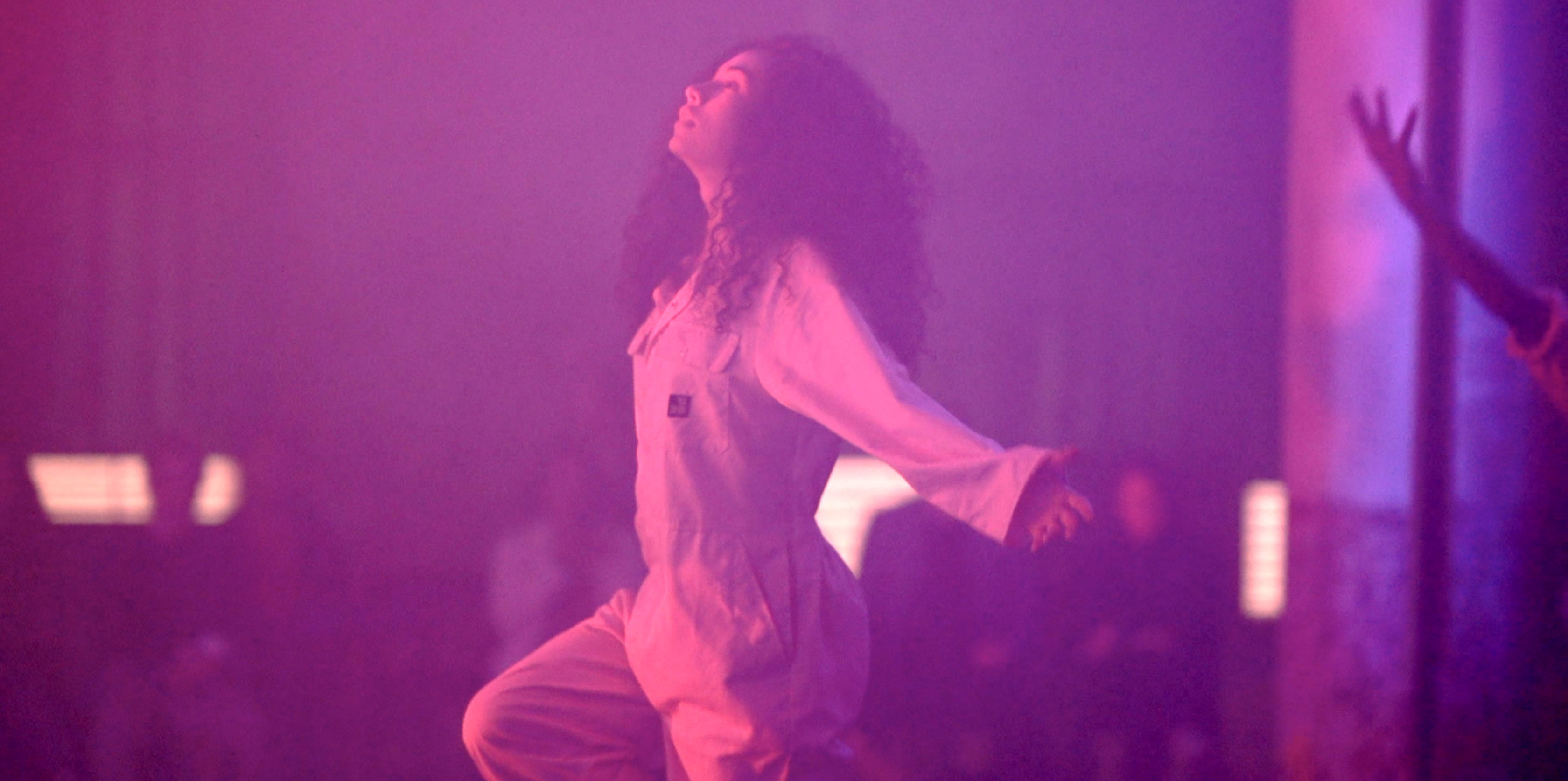
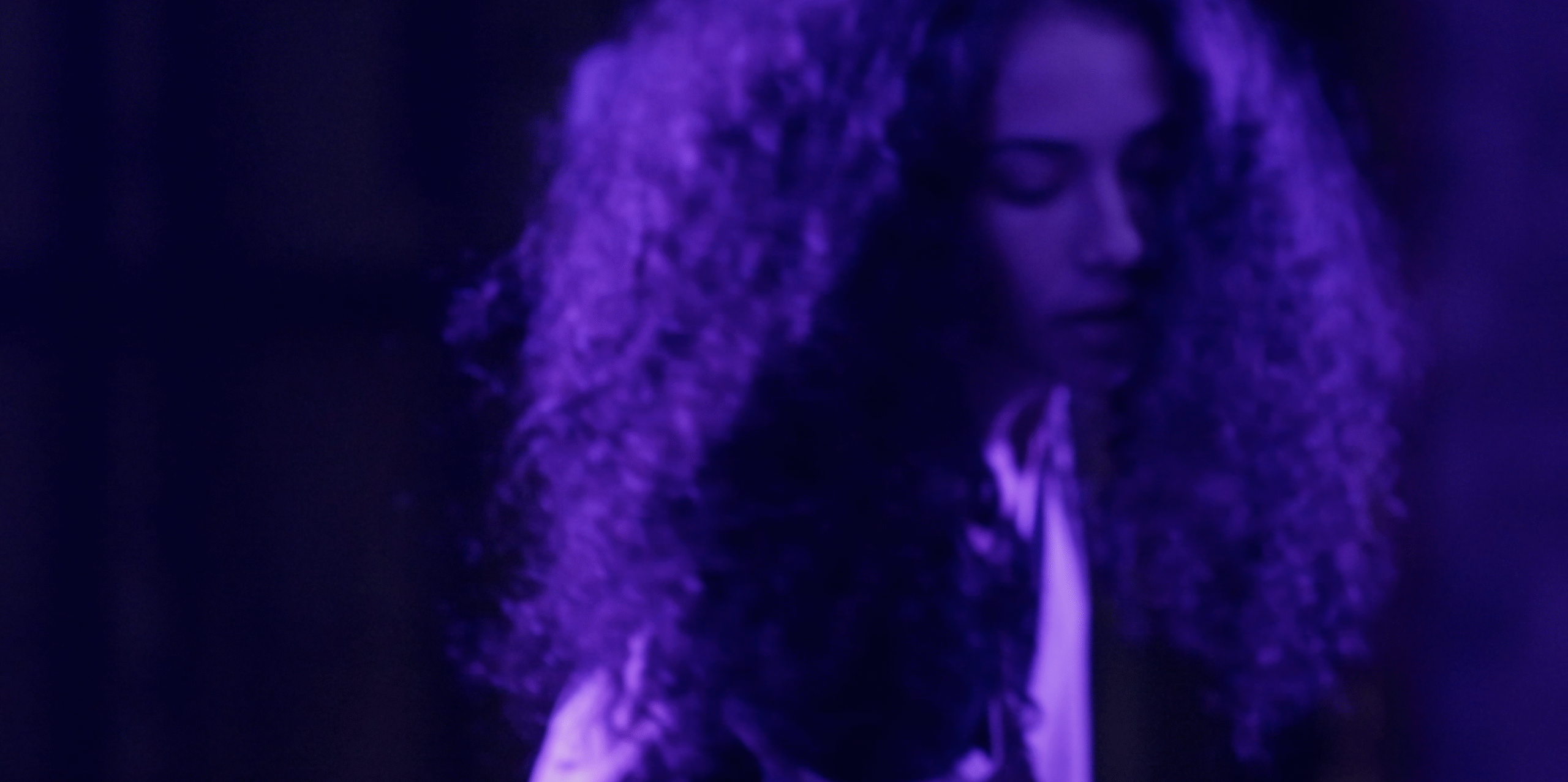
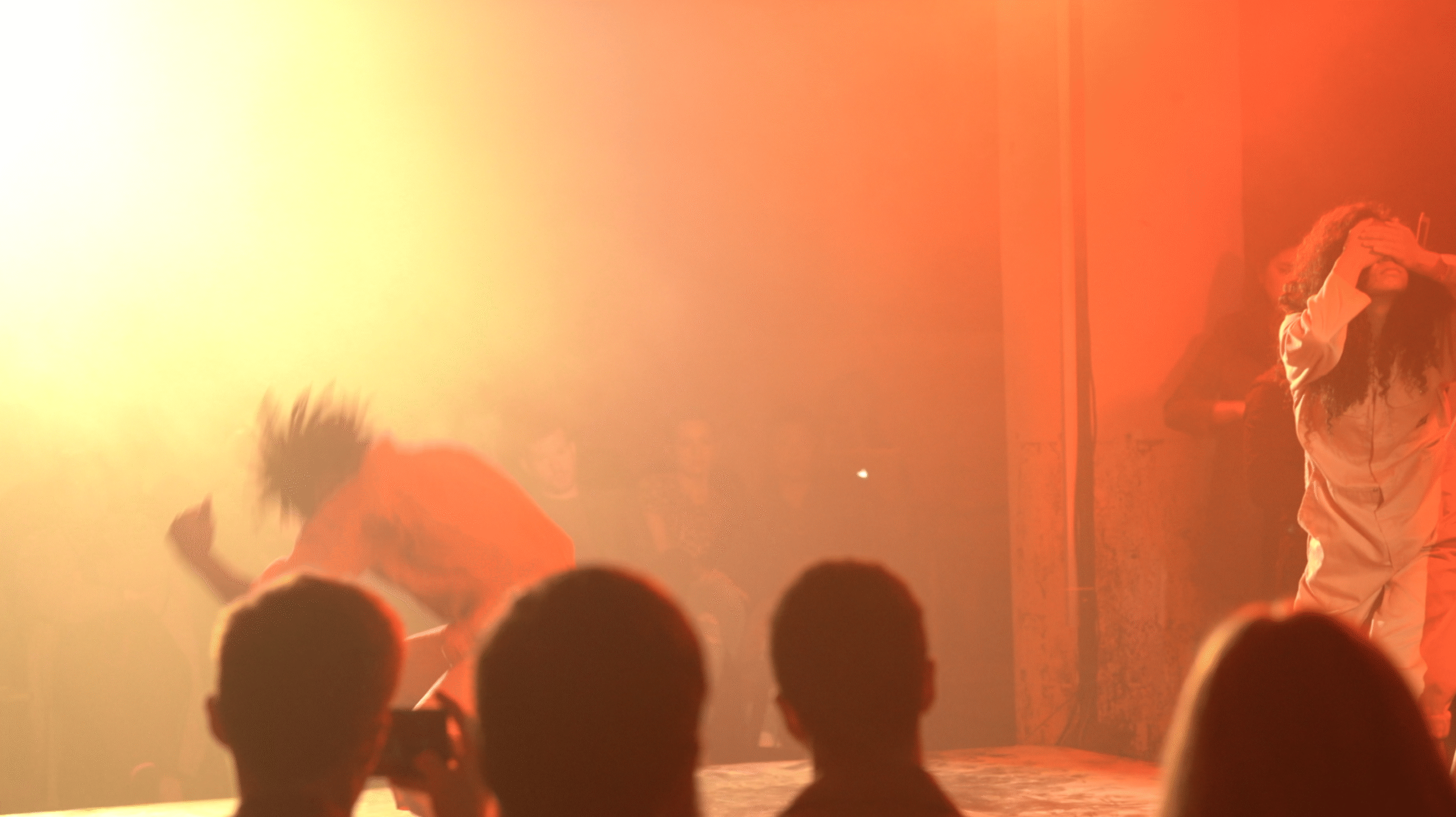
Human Progress Theory
Based on T.S. Eliot’s poem The Waste Land, this art piece explores how belief in social progress, an ideology invented in 18th-century Europe, intersects with haunting realities of human history. With an initial run of dozens of shows in NYC during Covid-19, Human Progress Theory is set to return to New York in the 2026-7 concert season, featuring a cinematic musical score, spoken word, and immersive images and writings from local archives.
How to Listen to Machines: songs for violin and noise
Tune in to what you’re tuning out.
Premiering at New York City Electroacoustic Music Festival, How to Listen to Machines features recordings submitted by dozens of individuals from around the world who work with different types of machinery in daily life. The project transforms mechanical noise into an electrifying soundscape and musical tapestry of mechanical rhythms, harmonies, and melodies with acoustic violin interwoven throughout.




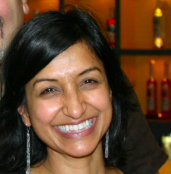



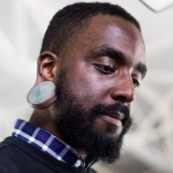

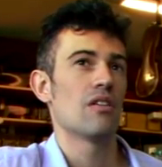

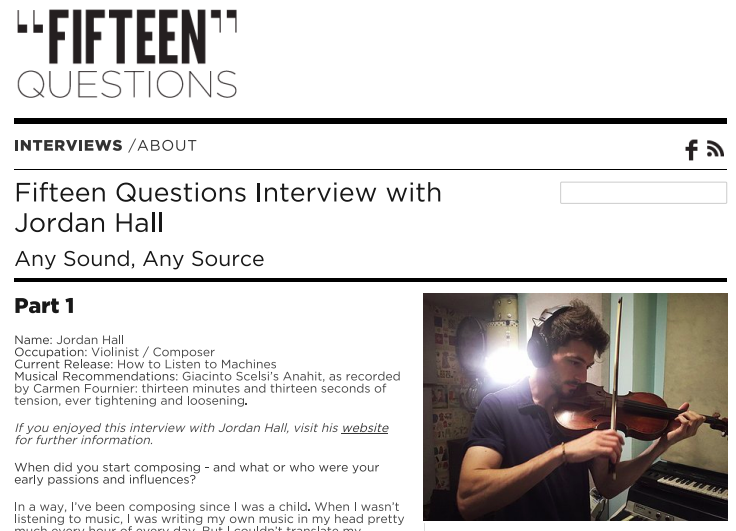
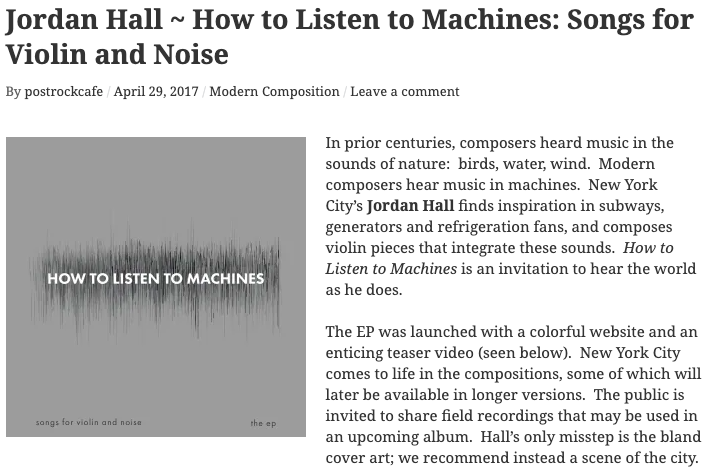
ABOUT JORDAN
Trained on violin in both classical and jazz, Jordan Hall has headlined as violin soloist in major venues throughout the US and Europe, including Orchestral Hall (Mpls), Liszt Academy Hall (Budapest), and Ordway Theatre (St. Paul). Hall’s violin performance highlights include solos with major orchestras, such as a debut at age thirteen with the St. Paul Chamber Orchestra, and a series of solo violin performances with the Minnesota Orchestra; performances by personal invitation of a former US President and First Lady; a performance at the Kennedy Center for the opening of a James Wyeth exhibition; concerts with jazz legends Kenny Barron, Regina Carter, Paquito D’Rivera, and Giovanni Hidalgo; and TV and radio broadcasts.
As a composer and violinist, Jordan Hall’s music has been described as “stirring and poignant” (AllAboutJazz), “a vibrant, imaginative composition… rapturous” (Textura). Hall has composed for an array of ensembles and debuted compositions at New York venues such as National Sawdust. Recent commissions include Transitions: an audio/visual installation, staged at Brooklyn Army Terminal (New York, August 14th-September 5th, 2021); an original score for INTRALIA, produced by inVersion Theatre Company (New York, 2020); BLUEPRINT (New York, Boston, 2019), featuring full orchestra and spontaneous ballet in a New York premiere with subsequent performances at Boston Ballet’s BB@home series; and How to Listen to Machines (current), a composition that weaves melodies through the rhythms and overtones of machine sounds recorded by collaborators worldwide. Describing INTRALIA, music magazine Interludes says, “Of standout note is the work of [the] composer… in establishing the transporting quality.” Describing How to Listen to Machines, which debuted at the New York City Electroacoustic Music Festival, TheaterScene.net called it “a full-throated, emotional musical declaration,” while A Closer Listen noted that he “receives the mechanical noises as gifts, and returns the gifts with his [violin] bow.”
Jordan Hall was a Stradivari Society Rare Instrument recipient of a 16th-century Gasparo De Salo violin, and has won competitions that include the Thursday Musical Competition (First Prize, 2001), Minnesota String & Orchestra Teachers Association Competition (Grand Prize, 2000/01), Young People’s Symphony Concert Association (Grand Prize, 2000), Greater Twin Cities Youth Symphony Concerto Competition (1998-99), The Schubert Club Competition String Division (Grand Prize, 1998), Minnesota Sinfonia Young Artist Competition (Grand Prize, 1997) and University of St. Thomas Young Artist Competition (Grand Prize, 1997). As a violinist, Jordan Hall has been awarded the Maud Taylor Hill Award (1998), Edwin W. and Edith B. Norberg Trust Award (2000), and Claire Givens Violins Award (1997).
As a scholar, Jordan Hall graduated Magna Cum Laude and as a Phi Beta Kappa Honors Scholar from New York University, where he went on to earn two Masters Degrees and a PhD. Hall researches primarily British literature, with a focus on sound studies and the emergence of modern listening practices in the Enlightenment. Peer-reviewed academic publications include articles in Literature Compass (Wiley) and Eighteenth-Century Theory & Interpretation (University of Pennsylvania Press). He has presented research at literary, historical, and musicology conferences, and authored Sound Judgment (2020), the first book-length study of music criticism as a literary genre. As a Polonsky Foundation Digital Humanities Scholar, Jordan Hall also designed and launched The Music Criticism Guide, the first resource of its kind, sponsored by the Polonsky-Brine Foundation, Global Research Initiatives, Fales Library & Special Collections, the Henry Mitchell MacCracken Fellowship, and Halsband Fellowship.
In addition to his academic and concert work, Jordan also works closely with organizations to provide audio branding services. Combining his musical training with nonprofit management experience as a former Manager for Social Enterprise at Harvard Business School Club of New York, Jordan leads a consulting team that provides research and development of brand-specific sounds for companies large and small.